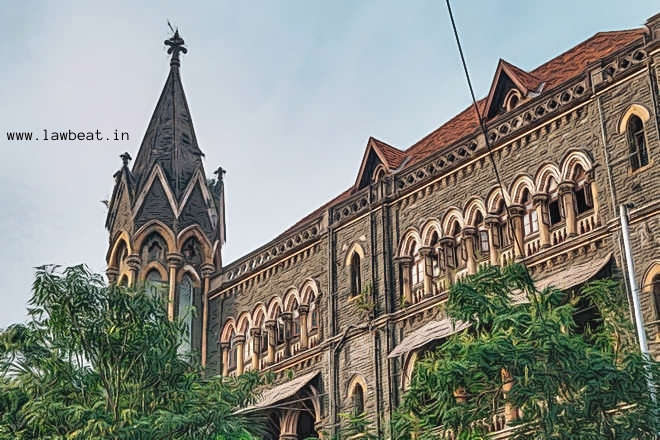Redevelopment Work Of Buildings Can't Be On Hold Due To Non-Consent Of Some Tenants, Says Bombay HC

Court observed that Clause 1.15 of the 2018 Guidelines issued by the Municipal Corporation of Greater Mumbai (MCGM) for declaring private and municipal buildings as dangerous and unsafe does not mandate the consent of all tenants.
The Bombay High Court recently quashed the decision of MCGM which sought the developers/petitioners to get the consent from all the tenants for the redevelopment of buildings.
The division bench of Justices Girish Kulkarni and RN Laddha was hearing a writ petition about the redevelopment or construction of new buildings and said that it was arbitrary for the MCGM to demand 100% consent from all the tenants residing there.
“Under DCPR-2034 redevelopment of the building can be allowed even if only 51%-70% of tenants have given their consent for the same, and Clause 1.15 of the 2018 Guidelines issued by the Municipal Corporation of Greater Mumbai (MCGM) for declaring private and municipal buildings as Dangerous and Unsafe do not mandate consent of all tenants," the court observed.
The bench also directed MCGM to process the commencement certificate in favour of the petitioners without insisting on permanent alternate accommodation agreements for 100% of tenants.
The petitioners were the developers and owners of the land which was home to 39 industrial units. On the ground floor, there were 17 tenants. The petitioners had received a notice from MCGM under Section 354(1) of the MMC Act and the Technical Advisory Committee (TAC) of MCGM had investigated the building and deemed it dangerous, falling within the 'C-1' category. After the formalities were finished, the MCGM demolished the structure in December 2017.
Counsel for the petitioner stated that Development Control and Promotion Regulations -2034 does not provide for the utilization of either “additional FSI” or “admissible TDR” in the industrial zone according to the DCPR Regulation. They also argued that the pre-condition to obtain the consent of 100% of tenants will be difficult.
MCGM in their favour submitted that this pre-condition is only to safeguard the interests of all the tenants.
The bench referred to some important judgments as well while dealing with the present case.
The court noted the case of Ratnesh Sheth and Anr. vs. Municipal Corporation for Gr.Mumbai & Ors 2022, in which it was held that “non-consent of two tenants for the redevelopment of the building, would not hold good as the other 9 tenants have given their consent for the redevelopment of the building which was already demolished.”
“It is a settled position in law that the interest of the minority occupants/tenants cannot be opposed to the interest of the majority occupants, as also such persons cannot foist on the owners a delay in commencement of the redevelopment work, resulting in the project cost being increased, which would be seriously prejudicial to the owners/developers and above all the majority of the occupants,” the bench opined.
Accordingly, the bench allowed the writ petition
Case Title: Raj Ahuja vs Municipal Corporation of Greater Mumbai
Statute: Mumbai Municipal Corporation Act 1888, Development Control and Promotion Regulations
